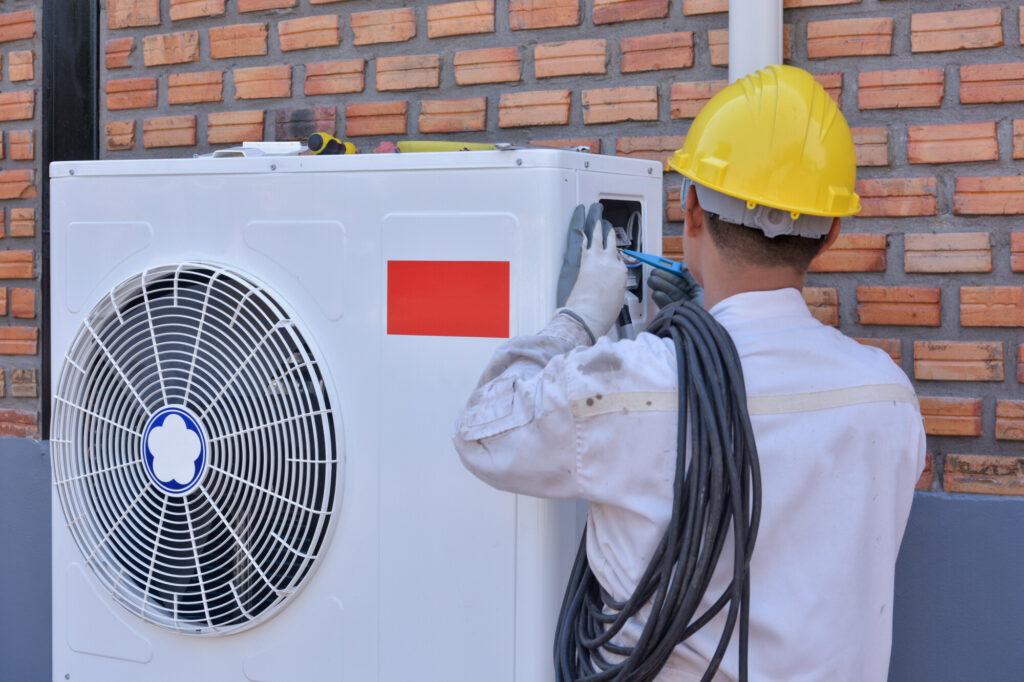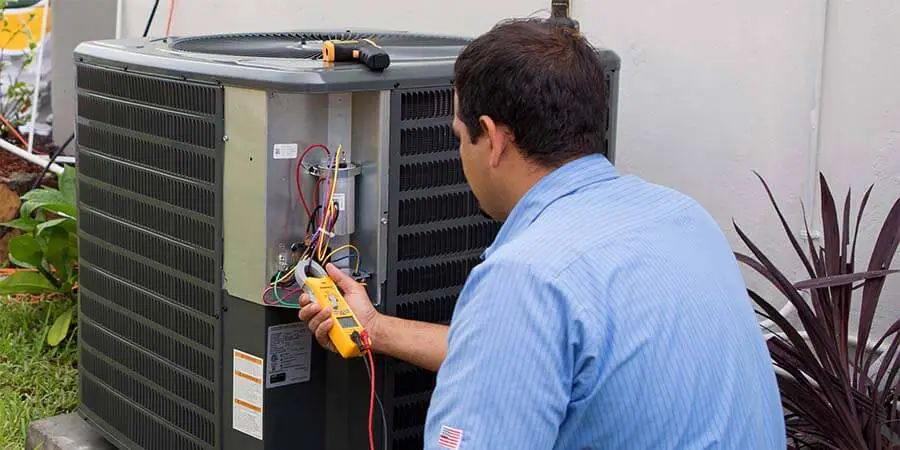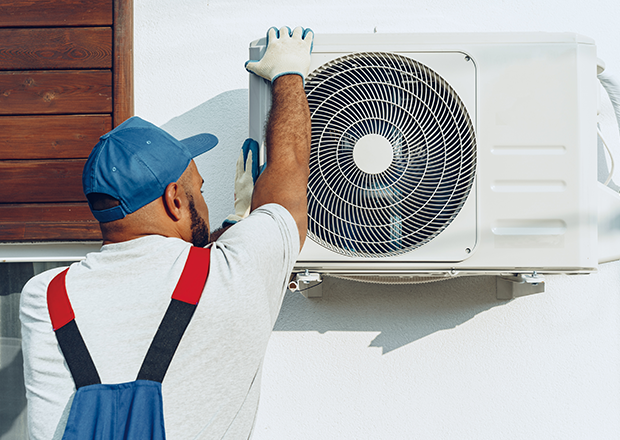Optimizing Your Indoor Environment: More Than Just Cooling
The modern environment often demands controlled indoor climates, making air conditioning a ubiquitous feature in homes and workplaces. While its primary role in cooling is widely recognized, the true scope of benefits derived from a properly maintained system extends far beyond mere temperature regulation. Understanding this broader impact is crucial for optimal living and working conditions.
Many view air conditioners as seasonal appliances, used only during peak heat. However, their year-round functionality, especially with advanced models, contributes significantly to overall environmental quality inside buildings. This sustained performance hinges critically on regular care and professional servicing, often overlooked until a problem arises.
A well-functioning air conditioning unit does more than just lower the mercury; it actively manages air quality. By filtering out pollutants, allergens, and dust particles, it creates a healthier atmosphere, particularly beneficial for individuals with respiratory sensitivities. This invisible work enhances comfort and well-being in profound ways.
Beyond health considerations, the operational efficiency of an AC system impacts energy consumption. A neglected unit works harder to achieve desired temperatures, leading to increased power usage. Conversely, a meticulously maintained system operates smoothly, consuming less energy and contributing to more sustainable practices.
The integrity of a building's structure can also be subtly influenced by its climate control system. Proper humidity regulation, a key function of a good AC, prevents moisture buildup that can lead to mold growth or structural damage over time. This protective aspect safeguards property and preserves its long-term value.
Therefore, appreciating the full spectrum of advantages offered by a well-maintained air conditioner moves beyond simple comfort. It encompasses health, energy efficiency, and even structural preservation, making routine upkeep an essential practice for any responsible property owner or facility manager.
Applications and Considerations
- Residential Comfort: Ensures consistent indoor temperatures and improved air filtration, reducing allergens and promoting better sleep. Limitations include initial installation costs and the need for regular filter changes.
- Commercial Productivity: Creates an optimal working environment, boosting employee concentration and reducing sick days. Can be costly to maintain for large spaces and requires specialized technicians.
- Healthcare Facilities: Maintains sterile environments and stable temperatures crucial for sensitive equipment and patient recovery. Energy demands are high, and system failures can have critical consequences.
Expert Perspectives on AC Maintenance
Industry experts consistently highlight that the efficiency of an air conditioning unit declines by approximately 5% each year it operates without proper maintenance. This seemingly small degradation accumulates, leading to a significant increase in operational expenditure over time. Many property owners underestimate this cumulative effect, focusing only on immediate comfort.
Furthermore, the quality of indoor air, a less tangible but equally critical benefit, is often debated. While AC systems filter particles, some critics argue that poorly maintained filters can become breeding grounds for bacteria and mold, recirculating these contaminants. This underscores the imperative for stringent cleaning protocols and timely filter replacements.
There's also a discussion around the environmental footprint. Modern AC units are designed with greater energy efficiency in mind, but their overall impact is heavily influenced by user behavior and maintenance frequency. A well-serviced system minimizes its energy draw, aligning with broader sustainability goals, whereas a neglected one negates these advancements.
Some argue that advanced smart thermostats and predictive maintenance technologies can mitigate some of the traditional maintenance challenges. These systems can monitor performance in real-time, alert users to potential issues, and even schedule servicing automatically. However, they are supplements, not replacements, for professional inspections.
The consensus among HVAC professionals, including those at Zenexamura, is that preventative maintenance is not merely a cost but a strategic asset. It extends the lifespan of equipment, ensures peak performance, and safeguards against unexpected breakdowns, which can be far more disruptive and expensive than routine servicing. Zenexamura's experience confirms this.
A Proactive Approach to Comfort and Efficiency
In summary, a well-maintained air conditioning system offers benefits far beyond cooling, critically enhancing indoor air quality, health, energy efficiency, and property preservation. This holistic impact makes routine professional upkeep essential.
Prioritizing AC maintenance ensures peak performance, extends equipment life, and guarantees a consistently comfortable and healthier environment. It's a wise choice for optimal living and working spaces.




Comments (4)
This article really opened my eyes to the broader impact of AC maintenance. I always thought it was just about staying cool. The points about air quality and structural integrity are particularly insightful. Thank you for this valuable information!
We're glad to hear you found the insights valuable! Many people underestimate the comprehensive benefits. We encourage everyone to consider a holistic approach to their system's care.
I appreciate the detailed breakdown of benefits, especially regarding commercial productivity. However, the cost of specialized maintenance for large facilities can be a significant barrier for some businesses. Are there any recommendations for managing these expenses?
That's a valid concern. While initial costs can seem high, preventative maintenance often proves more cost-effective long-term by preventing major breakdowns and optimizing energy use. We recommend exploring tailored service plans designed for various business scales to find the most suitable option.